Julia Millington, Political Director, ProLife Alliance, a charity
The ProLife Alliance was established with the aim of securing the right to life of all human beings, from conception to natural death. ProLife seeks to achieve this by advancing the education of the public in all matters pertaining to the inviolability of human life.
Is it fair to destroy an embryo to develop treatments for serious diseases or to destroy one embryo to save another human life?
“Some people argue that embryo research is acceptable because it is ‘in a good cause’. But could we experiment on a born human being at the expense of his/her life if it were for a good cause? The issue is not whether the cause is good, but whether it justifies the means. Experimenters may have good motives, and life-affirming scientific progress is certainly good, but it is totally unethical to sacrifice the lives of human beings for scientific purposes, even if the intention is to save another human being.
“Even with the best intentions it can never be right to deliberately end an innocent human life, or to use one human being as a guinea pig for the benefit of another.”
Does an embryo produced in the laboratory have the same status as an embryo produced naturally by sperm and egg?
“Human beings are valuable in themselves, simply as human beings. We have dignity in virtue of what we are, not how we were created. Hence human embryos created through natural intercourse, in vitro fertilisation or human cloning techniques are of equal value.”
Who should benefit from stem cell research and do the benefits outweigh the arguments against sourcing cells from an embryo?
“At the moment there is no evidence that patients will benefit from embryonic stem cell research. However, even if the benefits were obvious, sacrificing a new human life in order to save another human life is never justifiable.
“We welcome the development of ethically acceptable treatments for conditions such as Parkinson’s, and are greatly encouraged by research on adult stem cells and umbilical cord blood stem cells which can be extracted without killing anyone, have already produced successful treatments for a range of conditions, and have none of the potential tumour-forming problems that are inherent to embryonic stem cells.
“Adult stem cells and umbilical cord blood stem cells, which do not involve experimentation upon embryos, are currently being used to cure people of serious diseases all over the world. This is happening now. Using stem cells taken from the adult body, or umbilical cord blood, patients are being treated for diseases like leukaemia, sickle cell anaemia, blindness and dozens of other conditions.
“On the other hand, embryonic stem cells have never been used to treat anyone for any disease. Experiments on animals show that implanting embryonic material carries a high risk of leading to cancer. The extreme versatility of embryonic stem cells is what makes them so difficult to control. It is hard to channel their development in one particular direction. And they keep turning into unwanted tissue types. A stem cell which is less versatile may be easier to use, as there are not so many different ways it can go wrong.
“Looking at the results, we see that adult stem cells are far more effective than embryonic stem cells at curing disease and do not involve the destruction of human life.”

